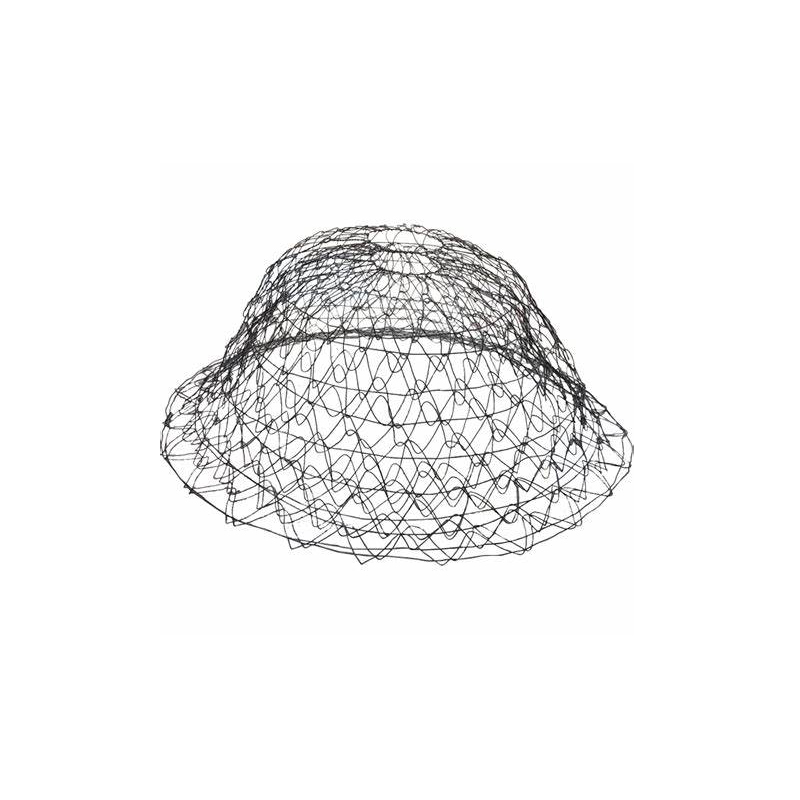
- Mobile Phone
- +8613931874955
- sales@cntcmetal.com
field fence types
Understanding Field Fence Types A Comprehensive Guide
When it comes to managing livestock and protecting crops, choosing the right type of field fence is crucial. The correct fencing not only ensures the safety of animals but also marks property boundaries and deters intruders. With various types of field fence available, understanding their features, benefits, and ideal applications helps landowners make informed decisions.
1. Barbed Wire Fencing
Barbed wire is one of the oldest and most common types of field fencing. Comprising steel wires twisted together with sharp barbs at regular intervals, it is particularly effective for deterring larger livestock such as cattle and horses. Barbed wire is cost-effective and provides a high level of security while being easy to install. However, careful handling is required during installation to avoid injuries, making it less suitable for areas frequented by children or smaller animals.
2. Smooth Wire Fencing
Smooth wire fences consist of plain wires stretched between posts, creating a barrier that is less hazardous than barbed wire. This type of fence is often used for fencing in sheep, goats, or areas where people frequently traverse. Although it doesn’t provide the same level of security as barbed wire, smooth wire can be enhanced with non-climbable wire or electric wires to improve its effectiveness. Smooth wire fencing is versatile and can be customized in height and spacing according to specific needs.
field fence types

Electric fencing has gained popularity for its effectiveness and adaptability. It delivers a mild electric shock to deter animals from crossing the boundary. Used often in conjunction with other types of fencing, electric fencing is highly adjustable, allowing owners to customize the power and frequency of shocks based on their needs. It is especially useful for containing pigs, cattle, and even wildlife. The initial installation cost can be higher due to the required energizer, but the long-term maintenance is generally low.
4. Welded Wire Fencing
Welded wire fencing consists of horizontal and vertical wires welded together, creating a sturdy grid. This type of fence is ideal for keeping smaller animals contained and provides a significant visual barrier. It’s especially effective for gardens, orchards, and yards. Welded wire can be found in various heights and mesh openings, making it versatile for different applications. Its durability makes it a sound investment, though installation can be more labor-intensive compared to other fence types.
5. Vinyl Fencing
Vinyl fencing offers a modern alternative to traditional wood and metal fencing types. It's aesthetically pleasing, requires little maintenance, and is resistant to rotting, corrosion, and fading. While vinyl fencing can be more expensive upfront, its longevity and lack of maintenance needs often make it a cost-effective option in the long run. However, it is less effective for containing livestock, making it more suitable for decorative purposes or creating informal barriers.
Conclusion
Choosing the right type of field fence is a vital consideration for anyone managing land, livestock, or crops. Each type of fence has its unique benefits and drawbacks, and it’s essential to assess factors such as the type of animals being contained, the level of security needed, and budget constraints. Whether opting for traditional barbed wire, convenient electric fencing, durable welded wire, or modern vinyl options, landowners can make informed choices to effectively manage and protect their properties. Understanding these options ensures that you will select the right field fence that meets your specific needs and adds value to your land.
share:
-
Wall Ties for Concrete: Invisible Guardians of Building Structural StabilityNewsAug.08,2025
-
Timber Frame Wall Ties: Stable Bonds for Load TransmissionNewsAug.08,2025
-
Stainless Steel Woven Wire Mesh: A versatile material from boundary protection to functional supportNewsAug.08,2025
-
Powder Coat Coil Springs: Creating peace of mind and reliability with sturdy protectionNewsAug.08,2025
-
Floor Standing Sign Holder: A Powerful Assistant for Flexible DisplayNewsAug.08,2025
-
Binding Iron Wire: An Invisible Bond for Building StabilityNewsAug.08,2025
-
Yard Sign Stakes: Reliable Guardians of Outdoor SignsNewsAug.04,2025



















